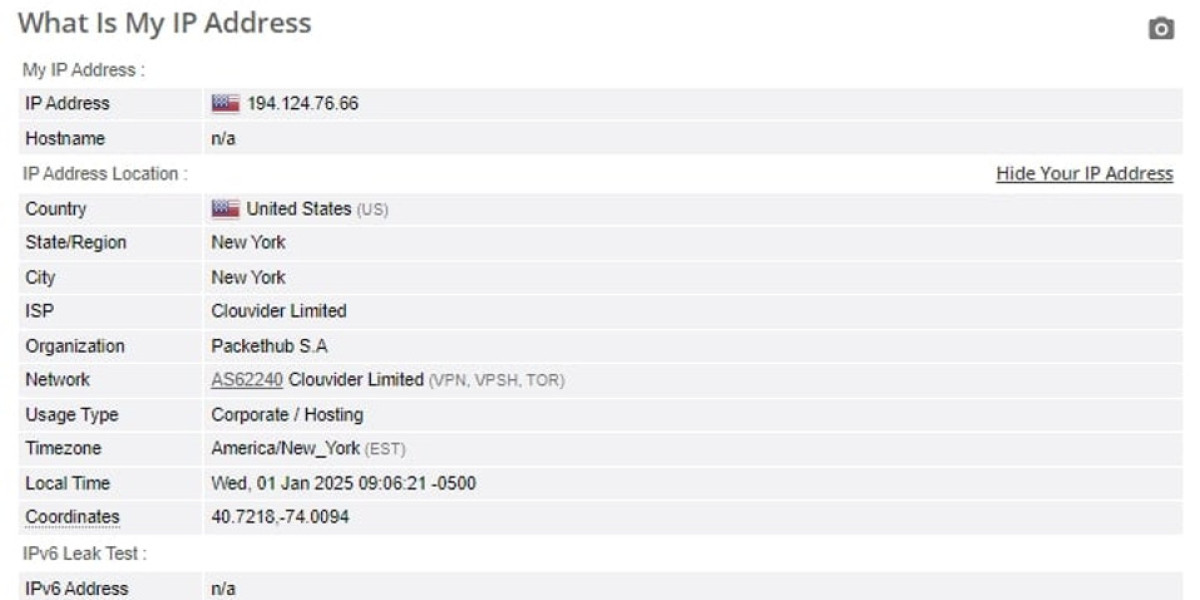Everything for Germany is Punishable: Exploring the Legal Landscape
Germany, renowned for its robust legal system and dedication to the rule of law, stands as a remarkable study of how laws govern society. The expression "Everything for Germany is punishable" underscores an intricate network of laws and guidelines that aim to preserve order, support justice, and safeguard specific rights. This article looks into the essential facets of the German Führerschein legal kaufen system, from criminal law to the subtleties of civil liberties, and explores what is deemed punishable in Germany.
Understanding German Law
Germany runs under a civil law system, which highlights codified statutes and a thorough legal structure. The country's laws are mainly stemmed from the Basic Law (Grundgesetz), which functions as the constitution and lays the foundation for the defense of human rights and democratic governance. Below is a breakdown of numerous legal sectors within Germany:
1. Lawbreaker Law
Lawbreaker law in Germany is concentrated on acts that are classified as offenses versus society or people. Crucial element include:
- Principle of Legality: No one can be penalized for an act that was not defined as an offense when it was committed (nullum crimen, nulla poena sine lege).
- Kinds of Offenses: Offenses are categorized into felonies (Verbrechen) and misdemeanors (Vergehen). Felonies are serious criminal activities like murder or kidnapping, while misdemeanors include lesser offenses such as minor theft.
- Penalties: The German Penal Code (Strafgesetzbuch) specifies various penalties, consisting of fines, imprisonment, and neighborhood service.
2. Civil Law
The civil law spectrum governs private conflicts between people and organizations.
- Contract Law: Establishes the validity and enforcement of agreements.
- Tort Law: Addresses civil wrongs and holds celebrations liable for damages caused to others.
- Family Law: Covers concerns of marriage, divorce, child custody, and inheritance.
3. Administrative Law
This branch manages the relationships between people and public authorities. Infractions can result in administrative charges, such as fines or cancellation of licenses.
4. Constitutional Law
German constitutional law safeguards people' rights, including flexibility of speech, faith, and equality before the law. The Federal Constitutional Court (Bundesverfassungsgericht) plays an important role in translating these rights.
Commonly Punishable Offenses
While the specifics can differ, a number of actions are frequently acknowledged as punishable under German law:

| Offense Category | Examples | Potential Penalties |
|---|---|---|
| Violent Crimes | Attack, murder | Imprisonment (approximately life) |
| Property Crimes | Theft, vandalism | Fines, jail time, or neighborhood service |
| Traffic Offenses | Drunk driving, speeding | Fines, license suspension, imprisonment |
| Cyber Crimes | Hacking, online fraud | Fines, jail time |
| Drug Offenses | Belongings or trafficking | Fines, jail time (differing lengths) |
Punishments
Germany's method to punishment is affected by corrective suitables instead of purely punitive measures. The goal is to reintegrate wrongdoers back into society. Common penal procedures consist of:
- Imprisonment: Ranging from short-term to life sentences.
- Fines: Monetary charges based on the seriousness of the crime.
- Probation: Supervised release with specific conditions.
Legal Protections in Place
Regardless of the seriousness of punishable offenses, Germany likewise puts significant emphasis on specific rights:
- Presumption of Innocence: Individuals are considered innocent until proven guilty.
- Right to a Fair Trial: Guaranteed access to legal representation and a reasonable judicial process.
- Legal Remedies: Citizens can challenge government actions through administrative or constitutional problems.
- Security against Discrimination: Laws forbid unjust treatment based upon race, gender, or other attributes.
Frequently asked questions
1. What makes up a punishable offense in Germany?
A punishable offense in Germany can range from major crimes, such as murder or sexual attack, to lower misdemeanors like petty theft or traffic violations, offered they break recognized statutes.
2. How are punishments figured out in Germany?
Penalties are identified based on the intensity of the offense, the particular situations surrounding the case, and developed guidelines within the German Penal Code. Aspects like intent and prior criminal history might also affect sentencing.
3. Exist any limitations on freedom of speech in Germany?
Yes, while flexibility of speech is secured, particular limitations are in place. Hate speech, incitement to violence, and defamation are punishable offenses.
4. What is the role of the Federal Constitutional Court?
The Federal Constitutional Court serves to uphold the Basic Law, guaranteeing laws and actions of the government abide by constitutional guarantees of rights and freedoms.
5. Can punishment be appealed in Germany?
Yes, people can appeal versus both civil and criminal judgments, permitting for reviews and possible turnarounds of the choices made by lower courts.
The expression "Everything for Germany is punishable" shows a serious dedication to promote the guideline of law and ensure that social norms are maintained. The German legal system, defined by its extensive statutes and focus on private rights, highlights a balance between accountability and security. Understanding this framework is vital for both locals and visitors of Germany, clarifying the significance of legal compliance and the prospective effects of illegal actions. In a society where laws govern the actions and rights of people, awareness is essential in navigating the complexities of the legal landscape.








